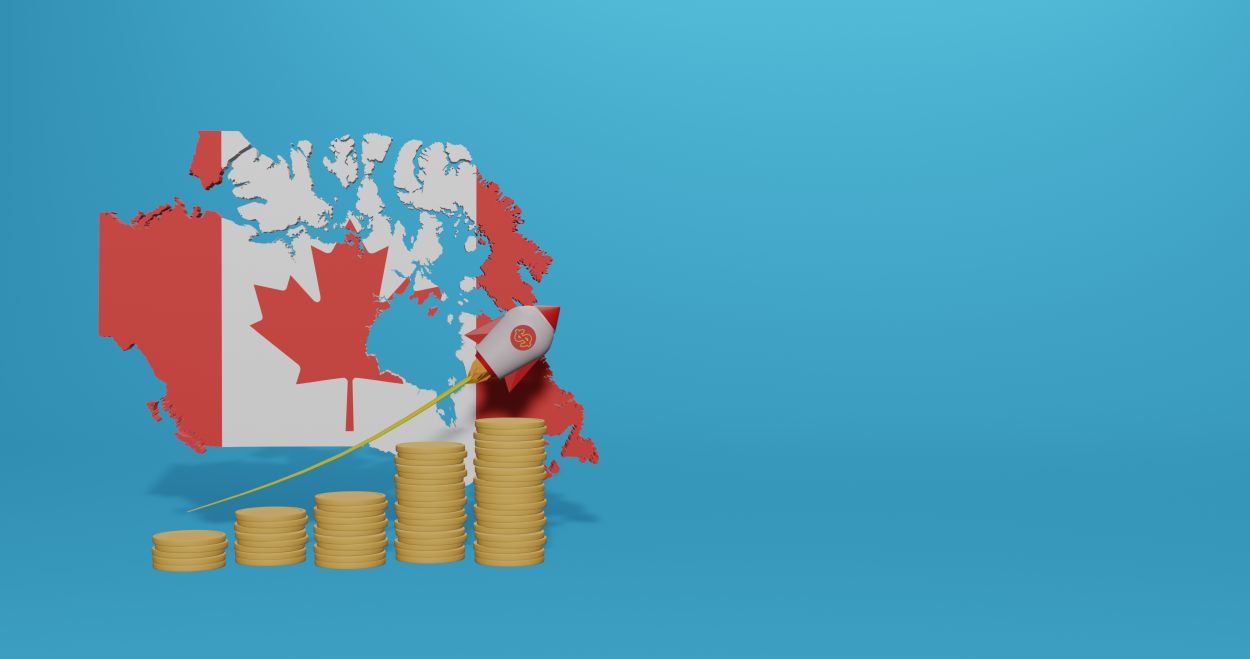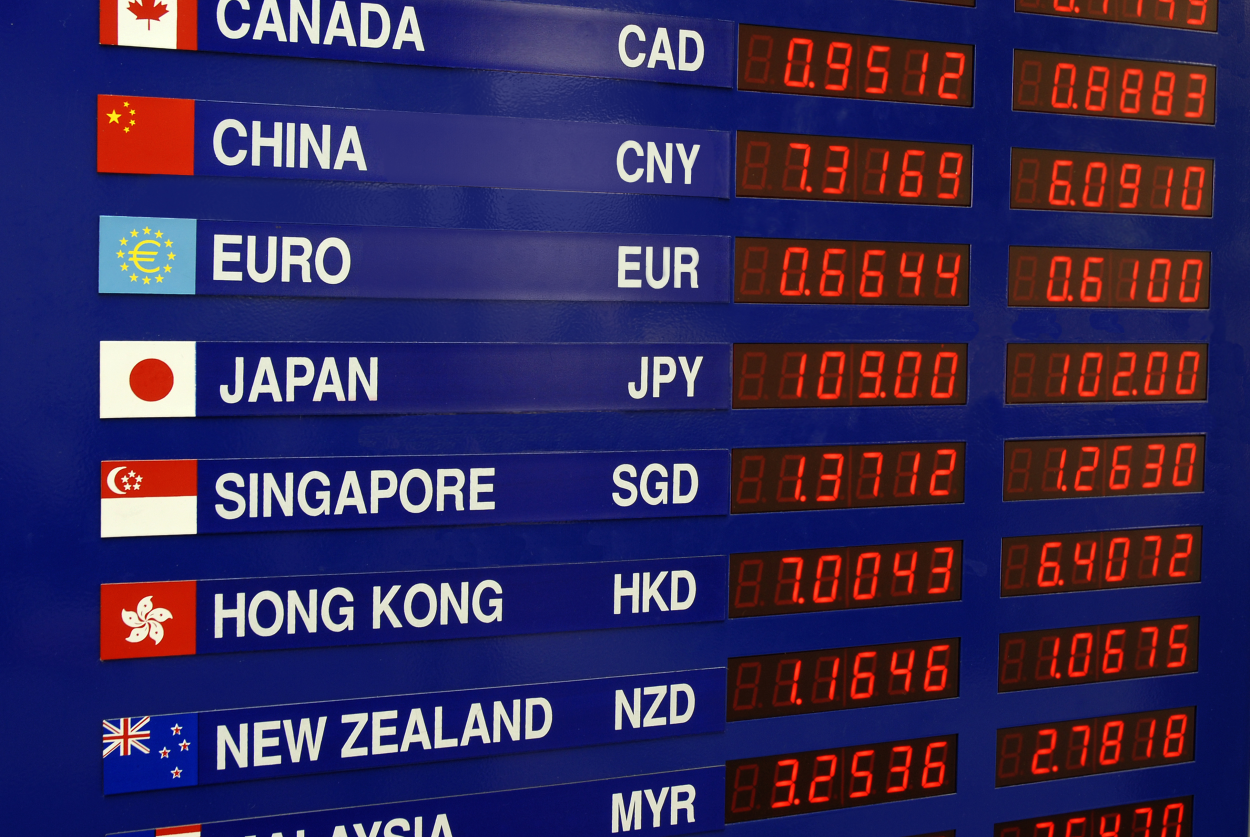Oil prices rise amid media reports that Biden will not be able to persuade the Saudis to increase production
Brent oil chart at 5 minute intervals
The United States does not expect Saudi Arabia to increase oil production immediately and is monitoring the results of the next OPEC+ meeting on August 3, a U.S. official told Reuters on Friday.
The comments came hours before US President Joe Biden lands in Jeddah for a visit designed to reset US relations with the kingdom, during which energy, human rights and security cooperation will be on the agenda.
Saudi Arabia, along with the United Arab Emirates, owns most of the spare capacity within the OPEC+ group, an alliance between the Organization of the Petroleum Exporting Countries (OPEC) and other exporters, most notably Russia. During the trip, Biden is expected to hold direct meetings with the heads of state of Saudi Arabia and the UAE.
But the kingdom has repeatedly indicated that it will not act unilaterally.
Brent oil prices rose above $ 100 per barrel amid media reports, in particular Bloomberg, that Biden will not be able to persuade the Saudis to increase production. Prices reached a 14-year high of $139.13 in March on fears of shortages from Russia. Now investors are weighing new COVID-19 restrictions in biggest importer China and fears of a recession.
“Saudi Arabia prefers to manage the market through the Organization of the Petroleum Exporting Countries and Allied Producers (OPEC+) rather than through unilateral moves,” Ben Cahill, senior fellow at the Center for Strategic and International Studies, wrote in a recent policy note.
“Saudi Energy Minister Abdulaziz bin Salman has consistently stressed the importance of OPEC+ cohesion, including the central role of Russia,” he said.
Anwar Gargash, diplomatic adviser to UAE President Sheikh Mohammed bin Zayed, also said on Friday that his country wants a more stable oil market and will abide by OPEC+ decisions.
“The UAE is very supportive of ties with the cartel and is following the US oil talks with Saudi Arabia because we are part of a large group of OPEC, OPEC+, so we would very much like to see more stability in the market and the ability to produce more, and we are going to follow there. where the group will go,” he said.




